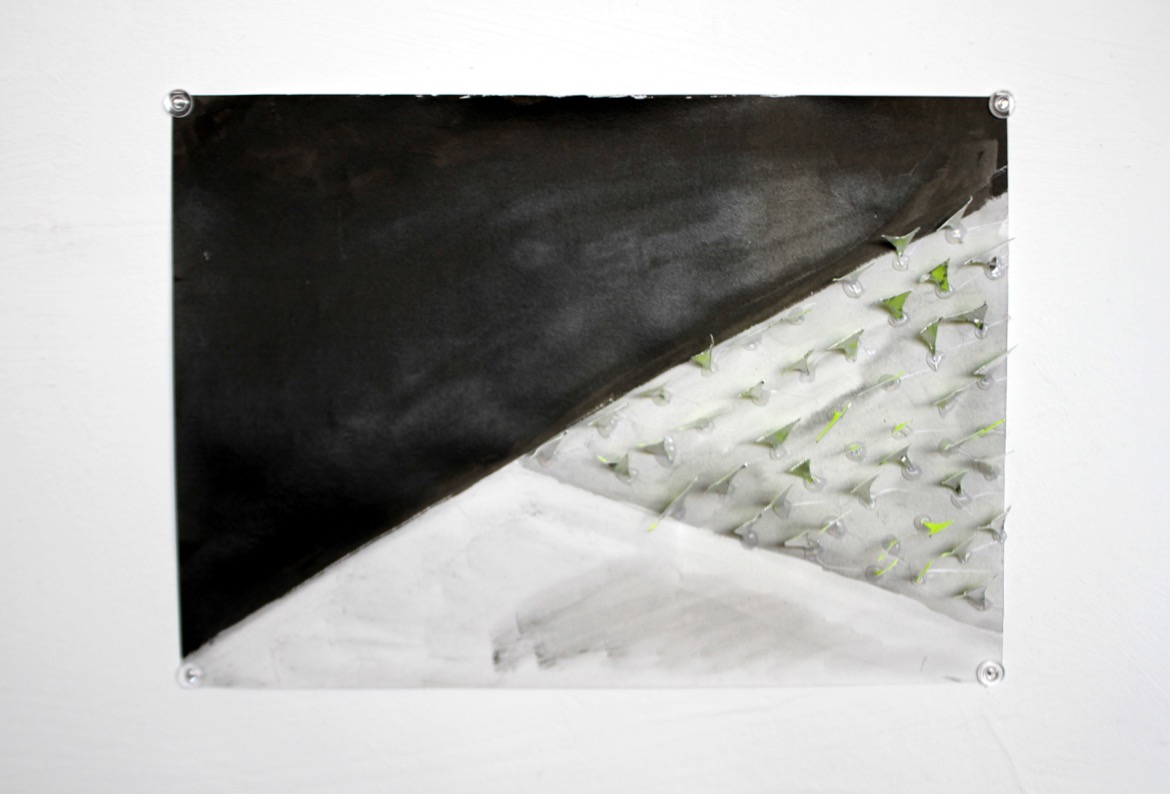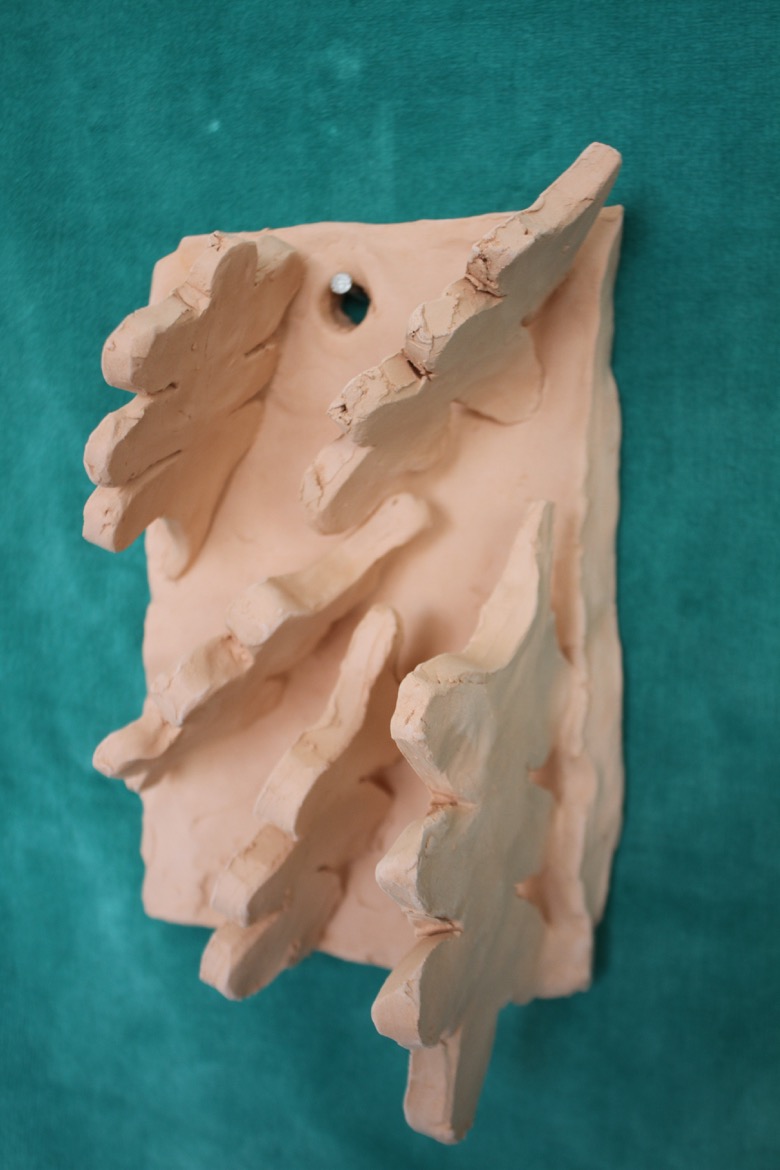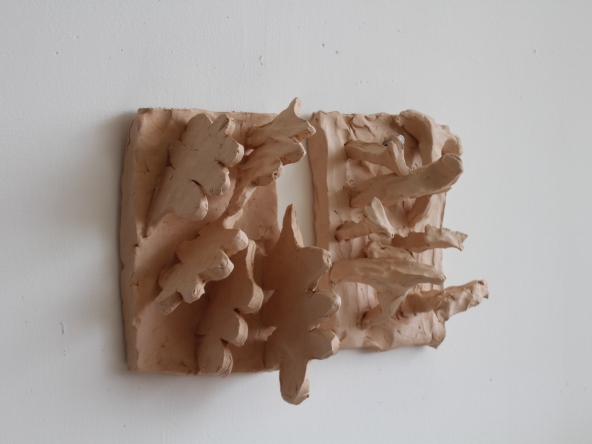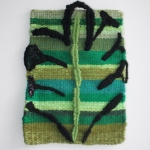Description
You started out as a box, four sharp corners and a blunt face to Princes Street. Like the happymeal containers that mulch the ground around you, the surprise is on the inside: turquoise wall paint; varnished pews; a brass piped organ and a pulpit shyly hidden from view though the message is loud enough, ringing still in silent spaces — because it can never be said too much that all men are created equal. You are a perfect cube for sound. God be the Glory echoes and rebounds, a ball of wadded words rocked in Newton’s cradle. The pipe organ’s chords hum on in the bodies of slowly courting beetles. Such is the life, the energy you contain they must build out, expand you, with a new façade based on Old World aesthetics, Corinthian columns and a pediment that show the old ideas are never truly exorcised but live on in the small daily gestures of unrecorded lives: a salute to the rising sun, a penny dropped in a fountain, a sudden sense of the nearness of the dead in a rising October mist; a buttercup promising love to hope for. Hope, the hardiest of all emotions, was carved into your lintels and cut in joinery, hoddered and heaped in the brickwork, caught tight in the slap of wet mortar; breathe deep and you can smell it in the beeswax polish (for there is no more hopeful creature than the bee). Yours is a hopefulness that began life in whispered prayers that were mumbled into hymnbooks and pressed into dogeared pages, given flight over the congregation’s heads, knelt into embroidered cushions, held there, infused there, nurtured there for centuries. Old hopes, bewitching hopes, quick, sudden, wonderous hopes, fearful half-hopes, the barely-known, the all-but-forgotten; and, if the echo of new footsteps sounds inside your emptied rooms, hope for the future too.
Documents
Details
Updated on November 23, 2021 at 11:13 pm- Bedrooms: 14
- Year Built: 1828
- Property Type: Commercial
- Property Status: For Sale









